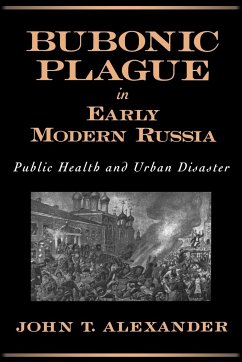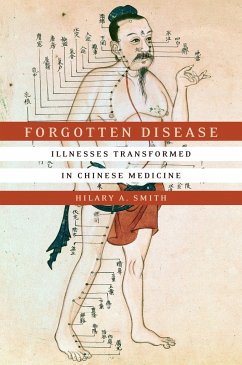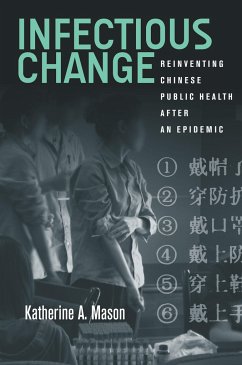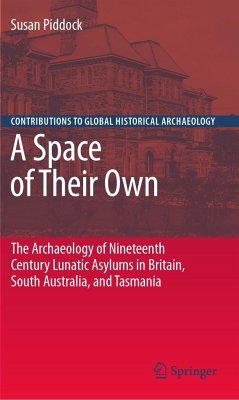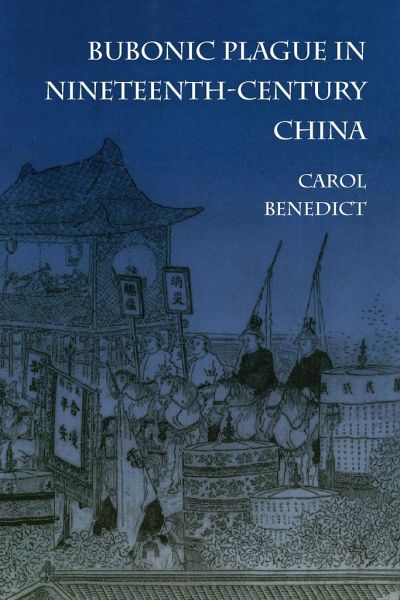
Bubonic Plague in Nineteenth-Century China
Versandkostenfrei!
Versandfertig in über 4 Wochen
74,99 €
inkl. MwSt.

PAYBACK Punkte
37 °P sammeln!
"This is an outstanding work on one of the major diseases of world history. It is particularly important because most of what we know of the historic impact of diseases on society is based on the European experience. Presenting new and little-known material on the history of bubonic plague in China, Carol Benedict offers an original analysis of how economic growth and development in late Qing China produced ecological changes that promoted the spread of plague. The book will greatly broaden our understanding of the social history of disease, and it provides an excellent model of how to do this...
"This is an outstanding work on one of the major diseases of world history. It is particularly important because most of what we know of the historic impact of diseases on society is based on the European experience. Presenting new and little-known material on the history of bubonic plague in China, Carol Benedict offers an original analysis of how economic growth and development in late Qing China produced ecological changes that promoted the spread of plague. The book will greatly broaden our understanding of the social history of disease, and it provides an excellent model of how to do this kind of research."--Ann Janetta, University of Pittsburgh "Should interest a broad audience-- those interested in the history of medicine, modern world history, and late imperial and modern Chinese history. . . . But Benedict does not restrict her analysis to China. By applying a regional systems model . . . she contributes to the comparative history of disease." --Journal of Asian Studies



